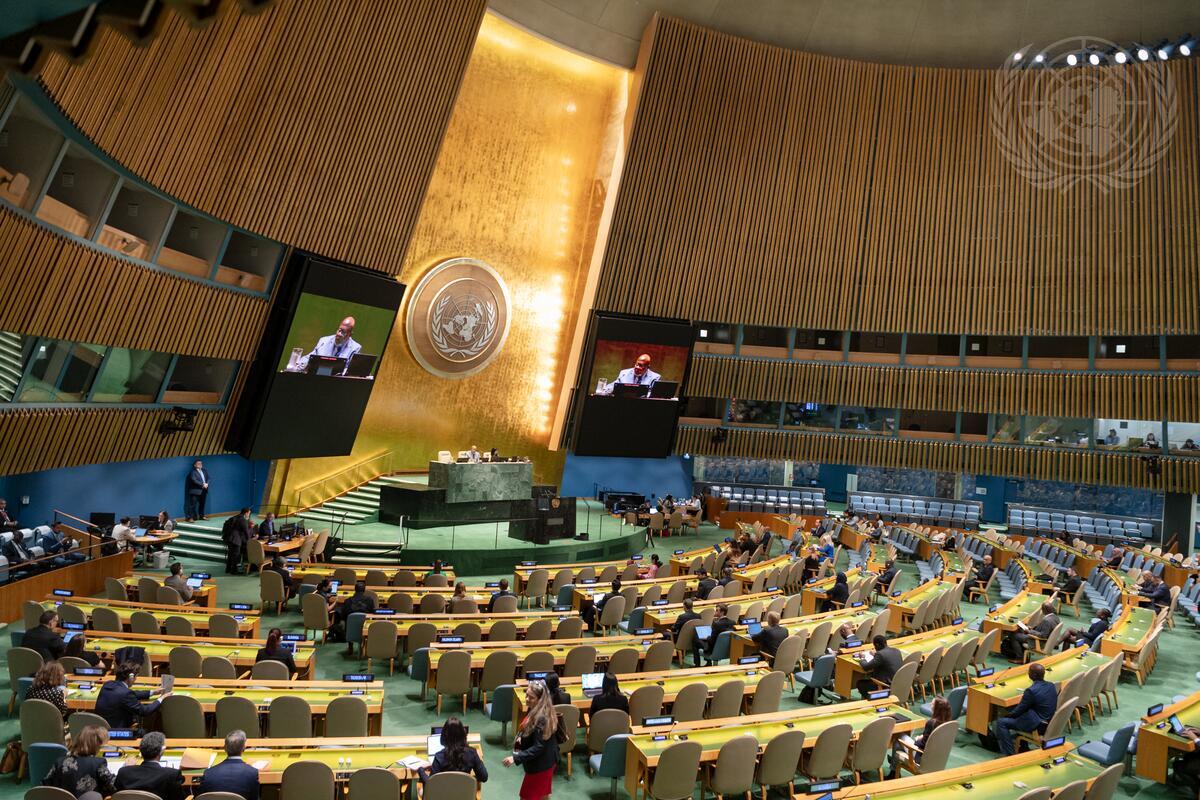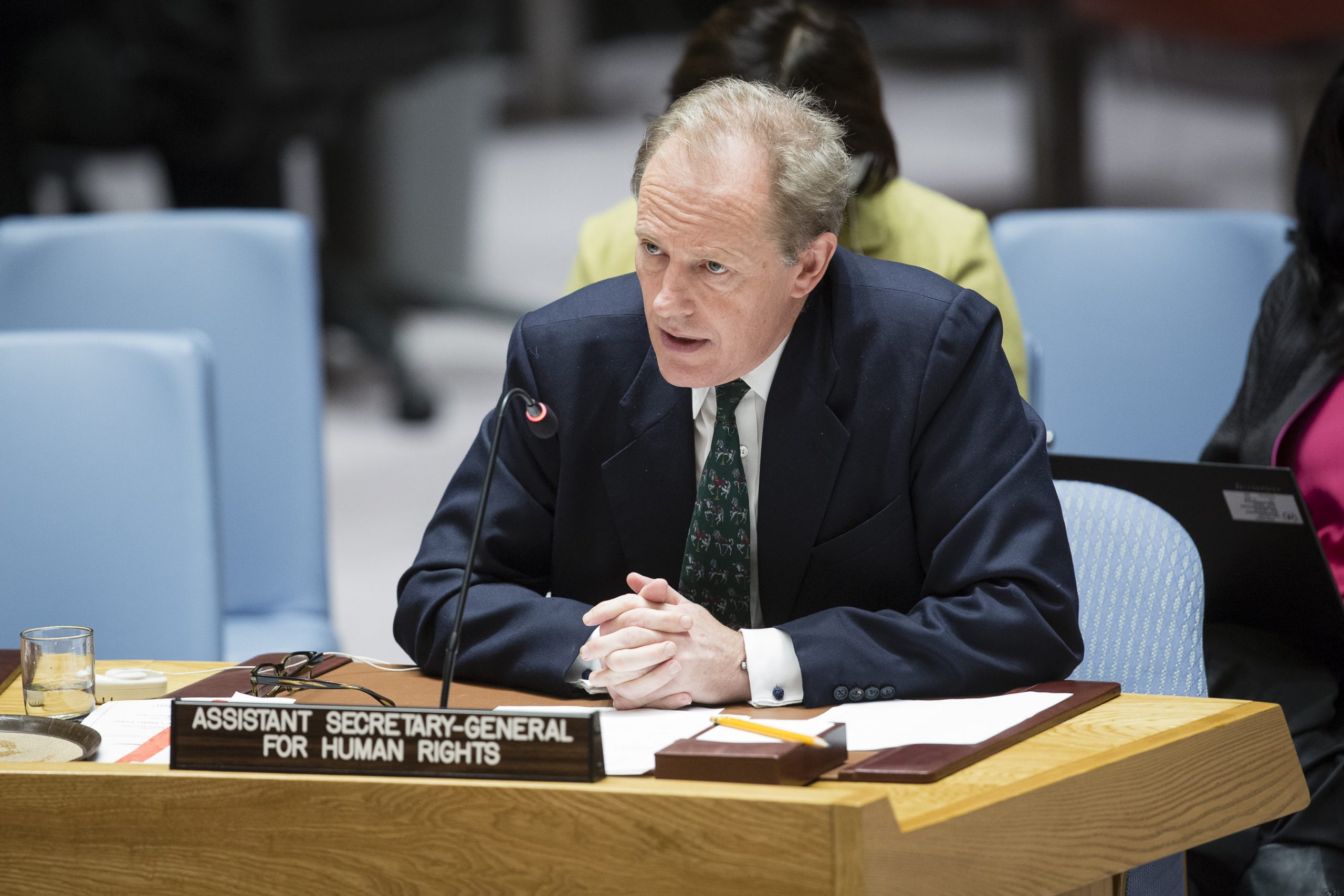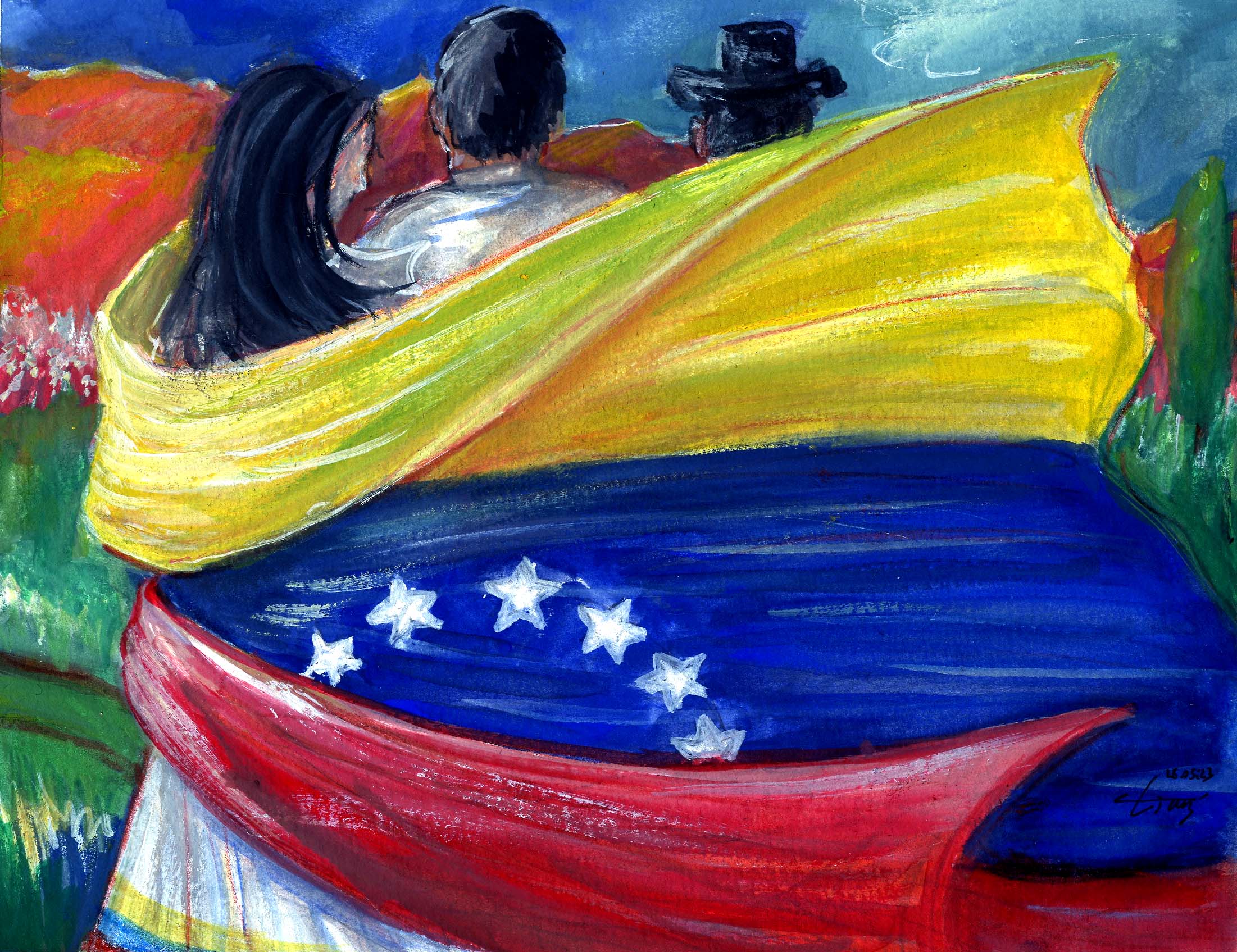In October 2016 the former Secretary-General appointed me the UN senior official on the issue of reprisals. This step was an acknowledgement of widespread concern about cases of intimidation, threats and attacks against those either seeking to cooperate, or having cooperated, with the UN in the field of human rights. I was asked to lead efforts to strengthen UN-wide action for prevention of, protection against, investigation into and accountability for reprisals.
The range and nature of reprisals is shocking. Over the last year and a half I have been seeking to better understand the scale of the problem and figure out means to address and prevent them. I have received reports of incidents ranging from travel bans, smear campaigns and surveillance; to arbitrary detention, torture and even killings. Reprisals affect the lives of victims and their families.
They are designed to dissuade civil society and others from engaging with the UN, thereby adopting a strategy that violates international human rights obligations, as well as the UN Charter itself. Without civil society engagement, the UN’s effectiveness in promoting and protecting human rights is weakened. We need to challenge such tactics energetically and consistently.
In the Secretary General’s report on reprisals that I presented to the Human Rights Council in September, I made clear these concerns. I noted that I felt it was frankly nothing short of abhorrent that, year after year, we are compelled to present cases to the UN membership carried out against people whose ‘crime’ – in the eyes of their respective Governments – was to cooperate with the UN institutions and mechanisms whose mandate, of course, derives directly from the UN membership. And, all too often States implicated in alleged reprisals fail to provide substantial responses to our inquiries.
Whilst more cases were reported last year than in the past, cases being reported are likely to be but a small portion of overall cases. This is why we believe the significance of this report goes far beyond the individual cases contained in it. As I said at the Council at the time, I think we should see these individuals as the canary in the coal-mine, bravely singing until they are silenced by this toxic backlash against people, rights and dignity – as a dark warning to us all.
My office has spent the last year and a half looking at developing a coherent and system-wide response to reprisals. In addition, we have been reaching out to UN representatives from numerous bodies to ensure they are more sensitised to the magnitude of the issue of reprisals.
While my efforts to date on allegations received have largely involved quiet diplomacy – taking up numerous specific cases with Governments concerned – we go public with cases when we believe this would be helpful.
There is some good news. Many States actively support both my designation and efforts to combat reprisals. The Human Rights Council’s passage of a key resolution last September is a hugely positive development. It established a dedicated interactive dialogue to address acts of intimidation and reprisal that is to take place during each September session of the Council, and affirmed the responsibilities of Council Members, the President and the Vice-President to investigate and promote accountability for such acts.
Last September in New York we organised a side event at the 2017 session of the General Assembly in which we discussed the findings of the Secretary-General’s reprisals report and opportunities for the UN system to address the trend. This was the first time there was a meeting held in New York dedicated to the topic of reprisals.
In their work, human rights defenders – in many cases extraordinarily brave individuals advocating for justice and the fundamental rights of everyone – put their own safety and wellbeing at risk. Simply by speaking to me or other UN bodies, defenders expose themselves to additional risk. Penalising individuals for communicating with the UN is a flagrant violation of fundamental human rights. Such acts are intended to stop defenders from speaking out, and prevent others from doing so in future.
We salute the courage it takes victims and their families to share their stories, and the dedication of civil society organisations who act on their behalf. We are reaching out. This past February OHCHR held a regional consultation with defenders in Asia and the Pacific, many of them victims themselves or with direct knowledge of those directly impacted by reprisals. I also spoke to human rights defenders from Central Asia in May.
We need the support and input of civil society, and also of States. The relationship between civil society and the UN should only be strengthened; there are no circumstances that would justify defenders being targeted for a crime that is – in their Government’s eyes – communicating with the UN. This is why I am supportive of initiatives to engage with the NGO Committee.
It is important that information reaches us. I urge victims to communicate cases to our confidential email address ([email protected]). All information received is forwarded to the most relevant section within OHCHR. And, we have sent out a call for submissions for this year’s Secretary-General’s report, to be presented in September at the Council.
We have a long road ahead. The cases we receive represent a far more generalised backlash against civil society, especially human rights defenders, and those challenging State authorities. But defenders are the backbone of hope for a brighter and better future, and if we can do better at protecting them, I believe there is hope for that future.
Background documents
Andrew Gilmour is the UN Assistant Secretary-General for Human Rights and senior official on reprisals.
Photo: UN Photo




